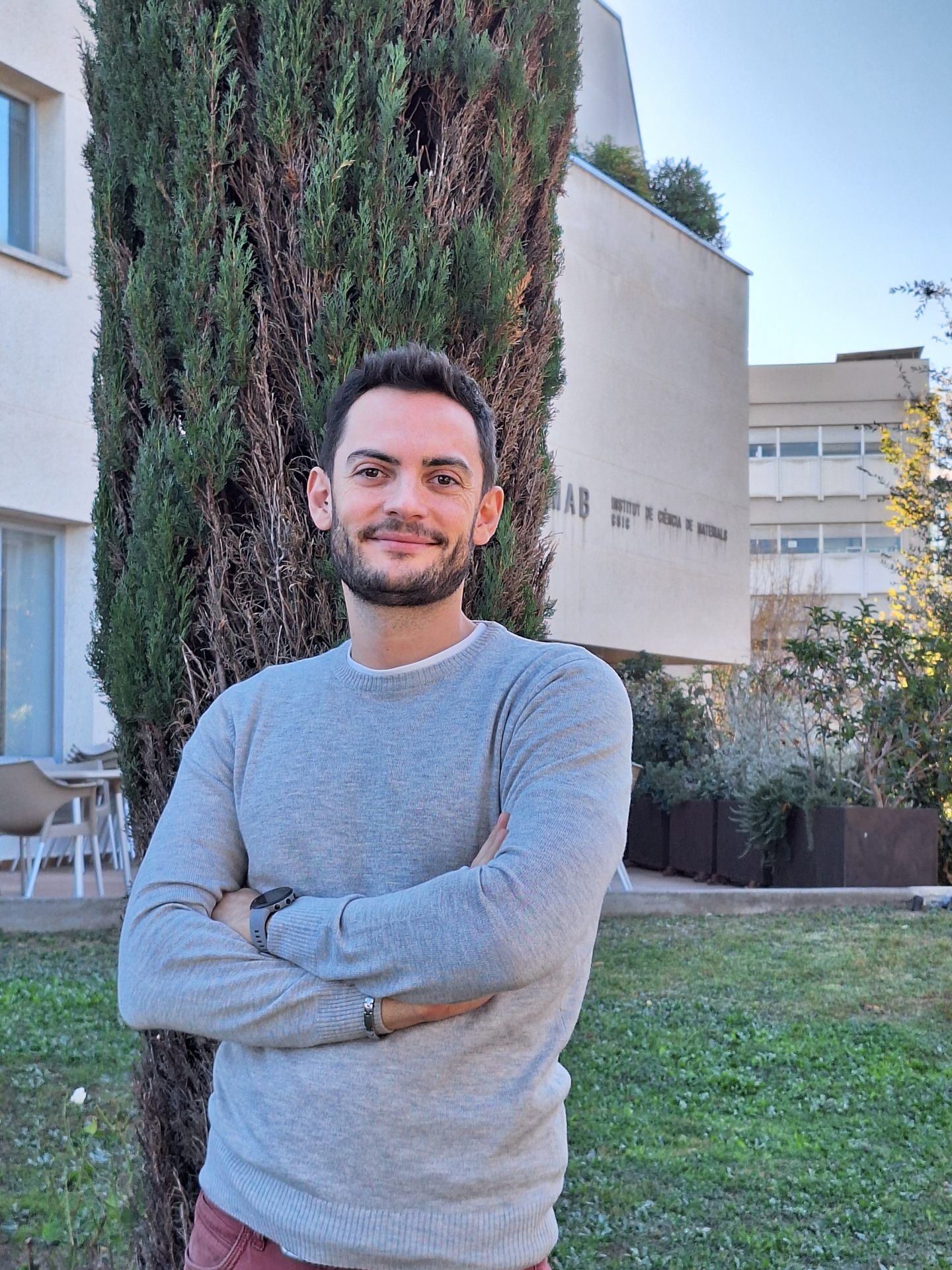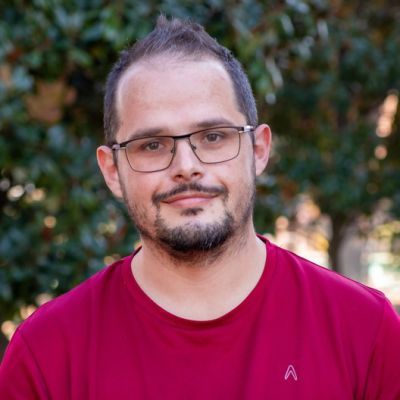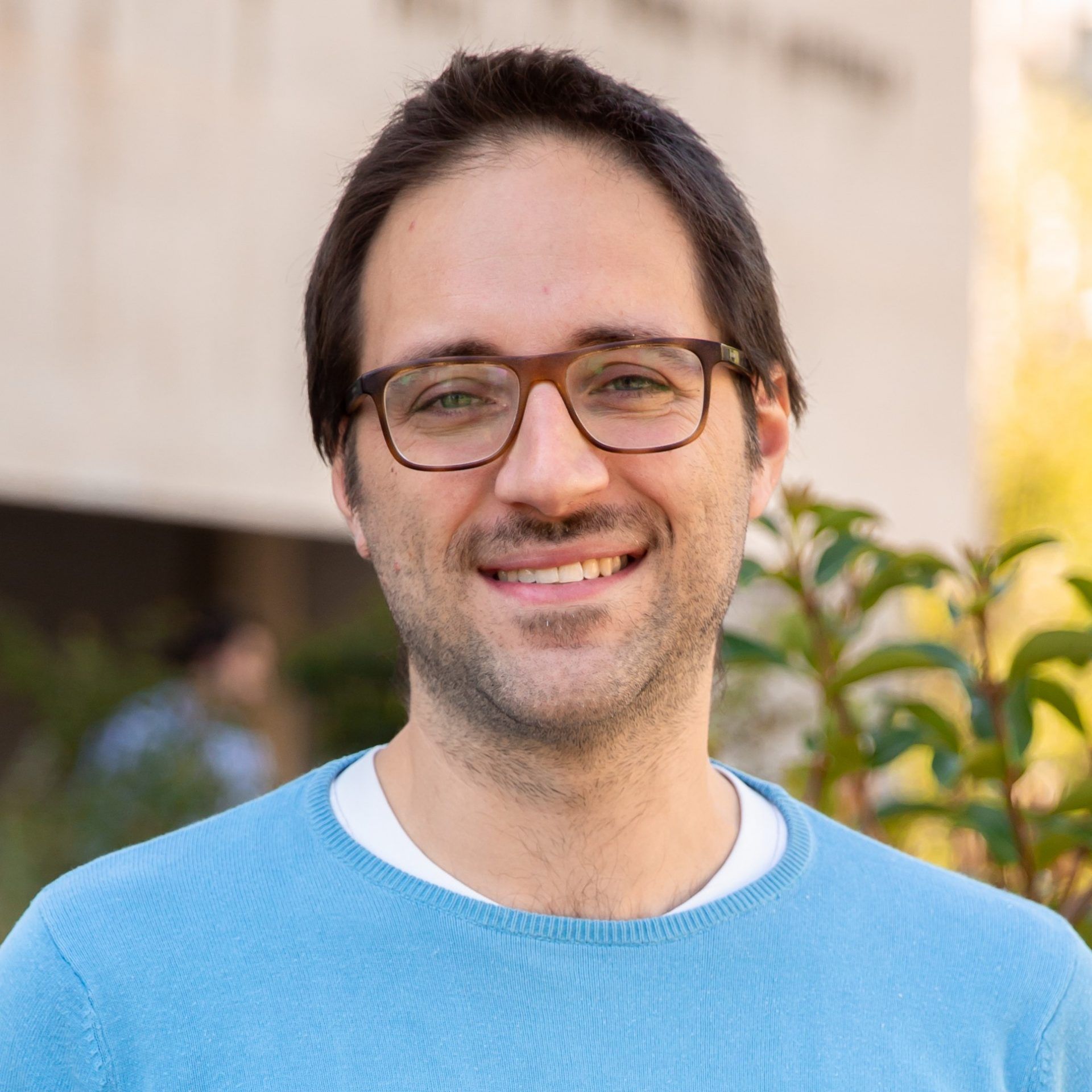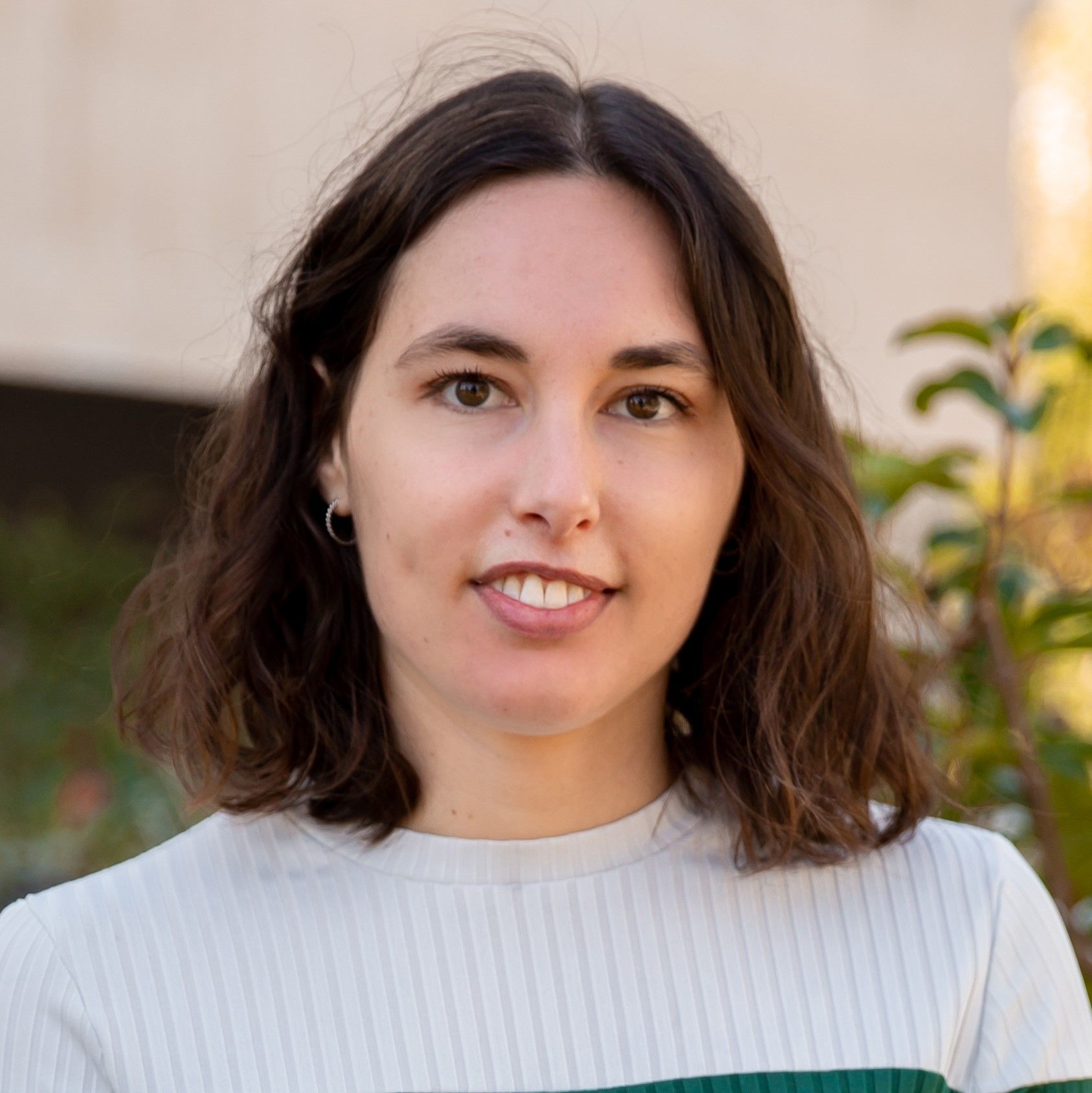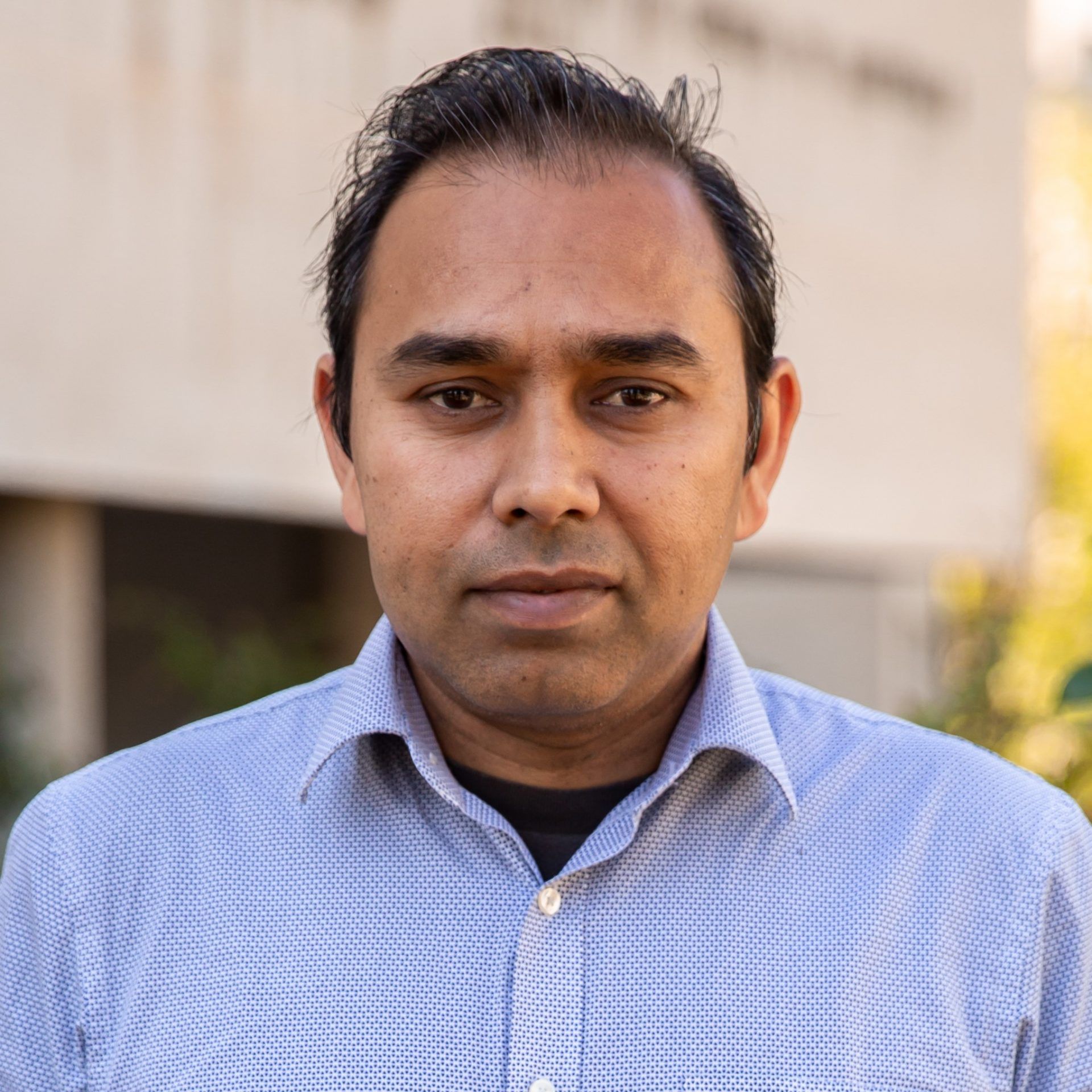Emanuele Longo
After graduating with honors in solid state physics in 2017 from the University of Milan-Bicocca, in 2021 Dr. Longo successfully defended his doctoral thesis in the field of spintronics, earning the title of Doctor of Science and Nanotechnology of Materials at the same university, within a collaboration with the Institute of Microelectronics and Microsystem in Agrate-Brianza of the Italian national council of research (CNR-IMM). From 2021 to July 2023, he was postdoctoral research fellow at the CNR-IMM in the framework of the SKYTOP European project.
During his PhD activity and first postdoctoral activity, Dr. Longo studied the chemical-physical interactions between an exotic phase of matter known as “topological insulator” and ferromagnetic materials, with the aim to produce efficient spintronic devices for memory storage and logic applications. In particular, he investigated the properties of topological systems when used to convert spin currents into charge currents (and vice versa). He contributed to develop an industrially compatible deposition process to produce Sb2Te3 topological insulator thin films on 4’’ silicon wafers, demonstrating their remarkable spin-to-charge current conversion efficiency.
Here at ICMAB, Dr. Longo carries out under supervision of Prof. Fontcuberta a fundamental study of the detection, and characterization of orbital currents in early transition metals metallic oxides, activity which lies in the framework of the so-called “spinorbitronics”. The possibility to use light materials and their exceptional transport properties make the orbital currents very promising to be exploited in the future micro- and nano- electronic devices.
